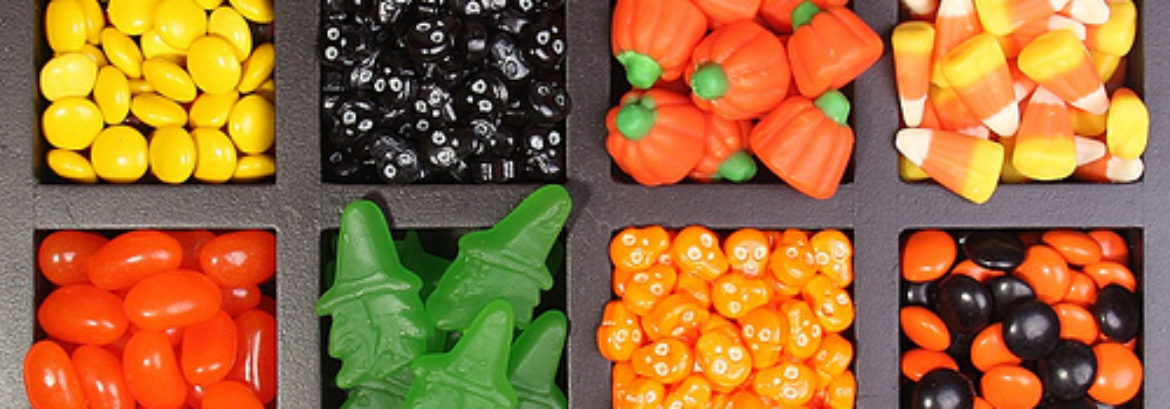As your dentist in Eugene, Oregon, Dr. Rita Feldmanis strives to help every patient enjoy a lifetime of healthy teeth and gums. As you probably already know, gum disease ranks as one of the leading causes of permanent tooth loss. Its presence also represents an increased risk of developing a range of chronic long-term illnesses. Studies have found compelling links between gum disease and a range of health problems that include heart disease, stroke, diabetes, dementia, arthritis and cancer.
One of the early signs of gum disease are gums that bleed easily, especially after brushing. If you’ve noticed blood in your spit after brushing your teeth, you may suffer from gum disease or have an elevated risk of developing the disease.
Fortunately, you can lower your risk of bleeding gums and gum disease by improving your daily oral hygiene routine and by improving your diet.
When it comes to protecting your long-term oral health, brushing and flossing daily rank as the two most effective habits you can have. If you need a little extra protection against the risk of gum disease, you might also want to consider making a few subtle changes to your diet.
With that in mind, here are a few items you can add to your diet to help lower your risk of bleeding gums and gum disease.
Milk
Milk does the body good by replenishing the calcium stores in the body that also helps strengthen your gums. Not only does drinking milk make gum tissue stronger, the calcium also helps fortify tooth enamel, making it more resistant to harmful oral bacteria that cause cavities to develop.
Apricots
People who suffer from a vitamin A deficiency have a higher risk of developing sore or bleeding gums. Apricots make a great source of beta-carotene, which transforms to vitamin A in your body. Adding a few slices of apricot to your salads and cereals makes a great way to increase your vitamin A intake. If apricots aren’t your favorite fruit, you can also get plenty of vitamin A by eating spinach and carrots.
Raw Veggies
You’re probably expecting to hear about the vitamins and minerals found in raw veggies and how they help improve gum health. While all of that is true, chewing raw vegetables also helps improve blood circulation in your gums, thereby reducing how easily they bleed.
Cucumber
One vegetable to highlight specifically is the cucumber, which can help maintain the acid balance in your mouth. When the pH level in your mouth becomes too acidic, the body has a hard time healing the small cuts in gum tissue that cause bleeding to occur. Adding a few fresh slices of cucumber to your meal can help restore the pH level in your mouth back to neutral and allow your gums to heal more quickly and efficiently.
Cranberries
Cranberries have antibacterial properties that can remove excess bacteria from your gum tissue. With fewer harmful bacteria in your mouth, the healthier your gums and overall oral health will be.


Sorry, comments are closed for this post.